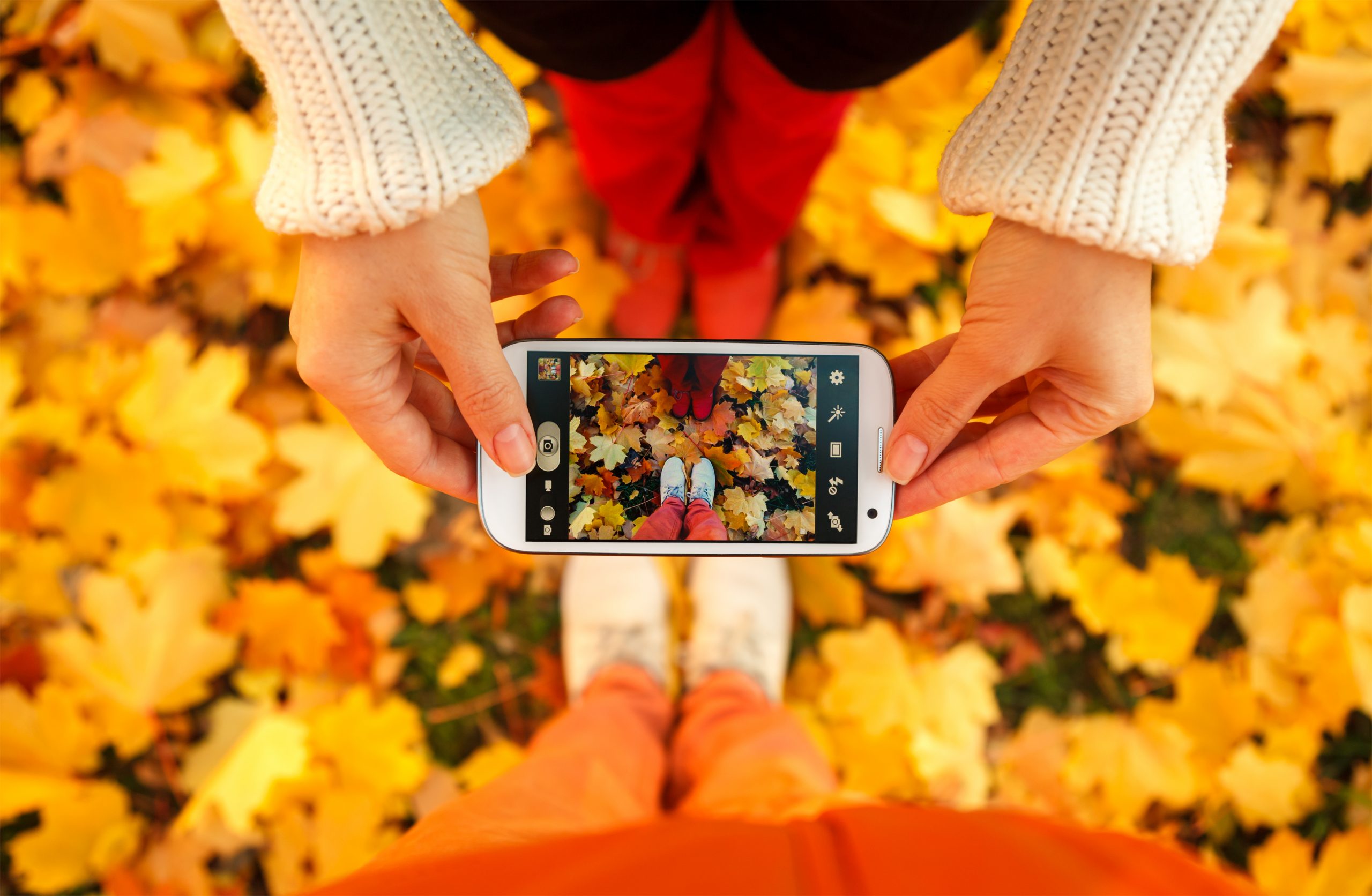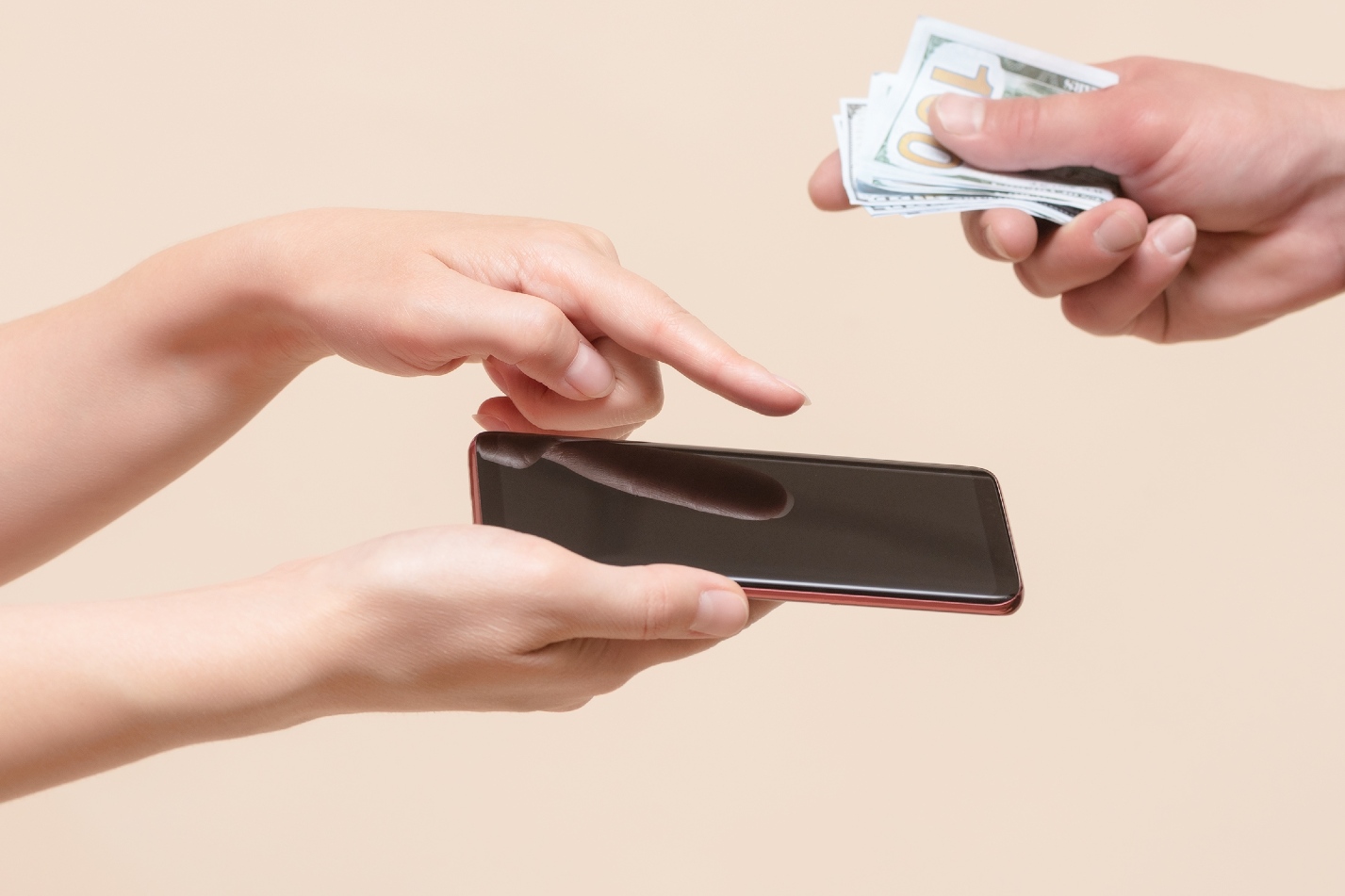Legend has it that 30 years ago, on 3 December 1992, an SMS text message was sent over the Vodafone network to an Orbitel 901 “portable” telephone weighing in at 2.1kg.
The message? “Merry Christmas” sent to a Vodafone chief engineer called Richard Jarvis who was to show it to Vodafone’s chief executive at the time, Gerry Whent.
Rumour has it that when the Rolls-Royce driving, cigar-chomping boss viewed the historic text at a Christmas drinks party while visiting Vodata’s offices in Newbury, he didn’t seem overly impressed by this ground-breaking innovation, according to some eye-witnesses.
But the rest, as they say, is history.
Short message Service (SMS) text messaging, whose technical standards were first drawn up by the Global System for Mobile Communications Association (GSMA) in the Eighties, eventually took over the world, eclipsed only by social media messaging apps decades later.
Ben Wood, a former Vodafone staffer, curator of the Mobile Phone Museum and chief analyst at CCS Insight, says: “At the time, mobile messaging was synonymous with pagers and the idea that you could receive, and eventually send, a message on a mobile phone was like something from a science fiction film.”
Vodafone celebrates 35 years since first UK mobile phone call
At just after midnight on 1 January 1985 in Parliament Square, London, Michael Harrison made the UK’s first mobile phone call over Vodafone’s cellular network. He called his father Sir Ernest Harrison, Vodafone’s founder and first chairman, and said: “Happy New Year dad, it’s Mike here. This is the first call ever made on a …
Continued At its peak in 2012, about 150 billion texts a day were being sent, and while the number has fallen dramatically to around 40 billion now, they are still widely used to let people know their parcels are on the way, for example, that their doctor’s appointment has been confirmed, or that they need to enter a numeric code to log in to some secure service or other.
About five billion people globally still send text messages. The text is far from dead.
The “Merry Christmas” story remains the official version, but as with any development of a new technology, there was much testing of the system behind the scenes.
Dave Pearce, who was SMS product manager for Vodafone tasked with commercialising the service at the time, recalls that the first text message he ever saw was the much more prosaic word “test” sent by a Vodafone engineer called Ian Harris during the development phase.
Mr Pearce says there was much industry scepticism at first around the idea of short (originally 160 characters long) messages.
“Some telcos thought texts would only be useful for letting people know they had recorded phone messages!” he says. “The culture back then was very voice-focused.
“But we realised there was potential to give people timely push notifications about road traffic conditions, for example”, even if building the billing systems that would enable Vodafone’s commercialisation of SMS in 1994 involved “18 months of pain”, he says.
Vodafone, through its commercial division Vodata, enthusiastically embraced text messaging.
“I remember doing training on how to send and receive text messages,” says Mr Wood. “People would give me a look of incredulity when I explained that to send my name as a text message I’d have to press the number 2 key twice, followed by a further two presses on both the 3 key and the 6 key just to create three letters B – E – N on the phone’s screen.
“But it took off like wildfire. At Vodata we were all hooked on SMS and were sending hundreds of messages every month. Before long people were getting so fast at texting on phones that they could pretty much touch type on a numeric keypad.”
Texting went global once phones were developed that could both send and receive texts, and when texts could be sent across any mobile network (1999). Texting to vote on TV competition shows or to donate money to charity proved incredibly popular.
“I was blown away by how much and how often people used text messaging,” says Mr Pearce. “We couldn’t have predicted how massive it would be.”
Vodafone to auction NFT of world’s first text message for charity
Proceeds from the auction will be go to UNHCR, the UN Refugee Agency, to support forcibly displaced people.
Many have forecast the demise of the text message given the dominance of WhatsApp, which handles more than 100 billion messages a day, and the popularity of other social media messaging platforms like iChat and WeChat.
But while the platform has certainly faced stiff competition, Ben Wood argues that texting was the catalyst for the transition from voice to visual interaction on mobile phones.
“Long gone are the days when the default use of a phone was to hold it to your ear,” he says. “Now most people spend more time looking at their smartphones than talking into them. SMS played an important role in that transition.”
And billions of texts are still being sent globally every day. So here’s to the humble text message, still going strong 30 years later.
Stay up-to-date with the latest news from Vodafone by following us on Twitter and signing up for News Centre website notifications.









